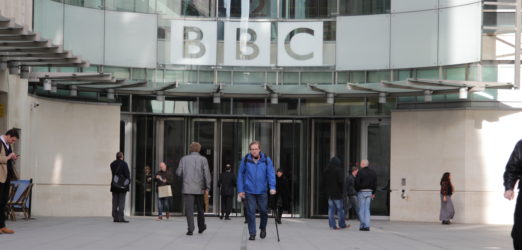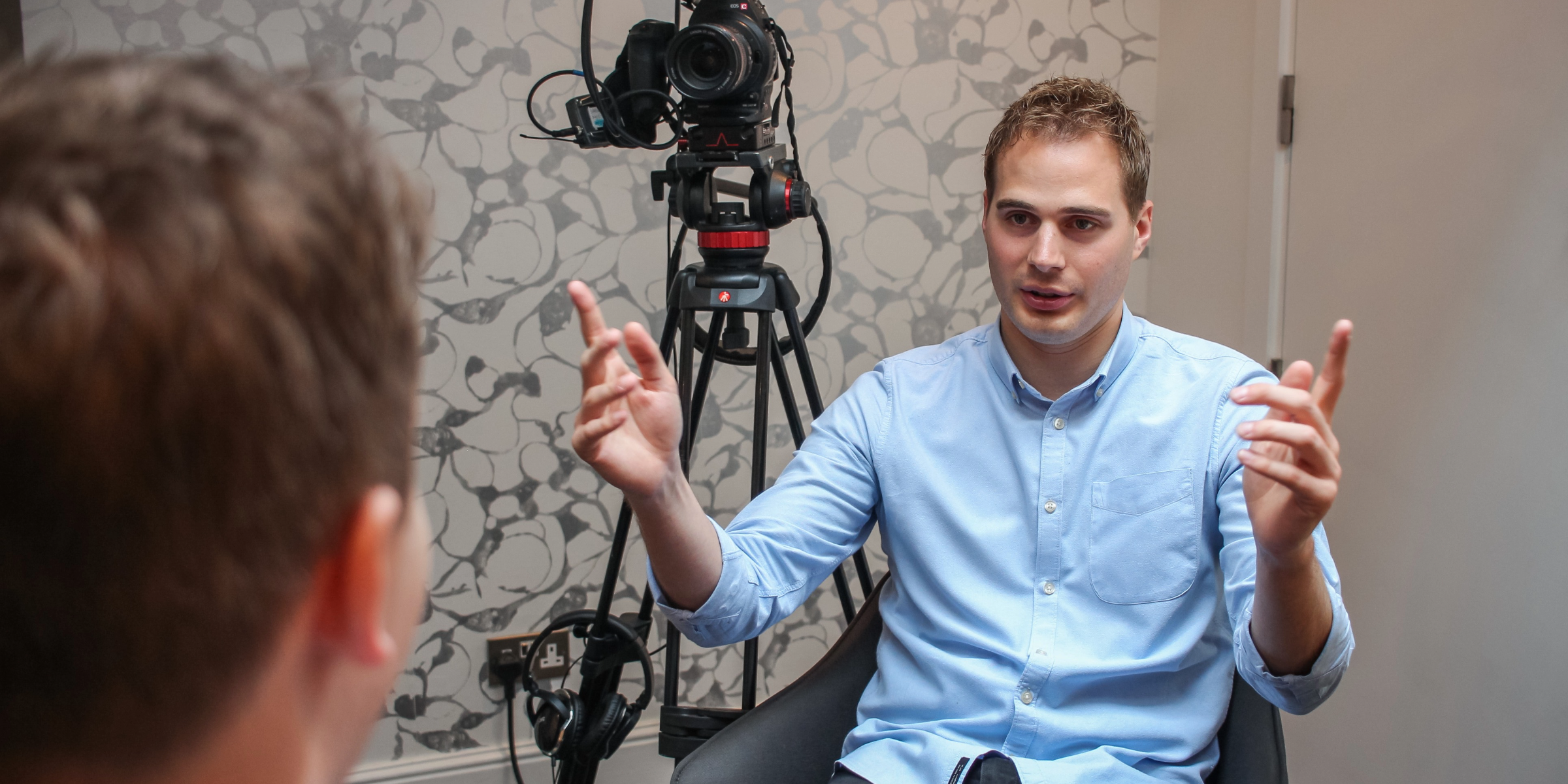The BBC has recently released a blueprint for what it calls its “biggest transformation in decades.” Buoyed by record numbers of people using BBC services since the start of the pandemic, the corporation is on a mission to keep itself relevant and interesting to the nation, rather than a select few. Let’s have a look at their numbers, their plans – and how that might affect broadcast PR opportunities in the next year and beyond.
Record number of BBC users during the pandemic
According to the corporation in the last 12 months more than 90% of UK adults used BBC services each week. Online services are equally scoring record numbers with 33 million UK adults visiting BBC Online on an average week, including iPlayer.
What’s in the plan?
The focus of the plan seems to be about making an impact, not just in the south east, but across the UK. Over the next six years the broadcaster says it will move its creative and journalistic centre away from London.
First up, 400 jobs are being relocated outside the capital, a move that’s largely thought to be political; Director-General Tim Davie has been quoted as saying the corporation has to prove its value to audiences across the UK by producing programmes closer to where they live, at the same time as spending money outside London. Leeds, Cardiff, Glasgow and Birmingham have been named as new bases for specialist journalism teams, covering sectors including the environment, technology and education.
In radio, no national station remains untouched; programmes and/or staff on Radio 1, 1Xtra, Radio 2 and Radio 3 are all on the move. Radio 1’s Newsbeat and Asian Network will be based in Birmingham, whilst Radio 4’s Today programme will be committed to co-presenting a third of its output from outside London.
Does this matter to broadcast PR?
Most of our PR opportunities are secured on the news and currently nearly all interviews are happening via digital platforms such as Zoom, Skype or Facetime. Editorial staff at the BBC (and national commercial stations) have told us it’s so cheap and convenient online interviews are likely to stay at least in the short term, and long term news programmes will probably have a mixture of remote and studio based guests.
A big chunk of the plan regards the way television programmes are commissioned. Securing an opportunity on a programme, rather than news or live daytime programming, is time consuming and high risk in our view; the better ROI comes from editorial placement on news.
So, in answer to my own question, no, we don’t think there’ll be a massive impact.
On-going cutbacks
The BBC has been chipping away to reduce its 23-thousand strong workforce for a number of years and the reduction is on-going. The pandemic has accelerated the cutbacks in a number of ways, including in regional radio which has seen its daily output reduced from four programmes lasting three hours each, to three programmes that are four hours long. That’s a lot of air-time! So, the right story, presented in a timely manner, with a good spokesperson can seem like a gift from the gods, to a time stretched producer. The opportunities are there, but don’t leave it until the last minute is our advice! Fewer people producing more air-time means good stories get booked in early.
Make it local
If major parts of BBC news move outside London, then PR spokespeople will eventually have to be a bit more nimble. Interviews are currently nearly all being carried out via a digital platform such as Zoom, but when the pandemic is over broadcasters will want to see guests on location again. There is likely to be a bigger emphasis on local case studies and spokespeople too, to reflect the regional interest the BBC is seeking out for its national news.
The last time such an upheaval at the BBC happened was when BBC Breakfast and Radio 5 Live moved to Manchester.
Perhaps better news is the promise of “a big investment” in BBC local reporting, enhanced by a network of digital community journalists. The Beeb is promising up to six new peak time local radio services, including in Bradford, Sunderland and Wolverhampton, along with new BBC local on-demand bulletins for over 50 areas on BBC Sounds.
Local means local. It doesn’t mean a national story rehashed. So from a PR perspective we should be thinking how to achieve this especially in those areas. That could be research that drills down geographically to smaller areas, more case studies, local spokespeople. To make the most of the opportunities that still exist in the BBC local network we need to mirror what the corporation is trying to achieve.
To read more about changes in commercial radio see another of our blogs; https://shoutcommunications.co.uk/blog/commercial-local-radio-revolution/



